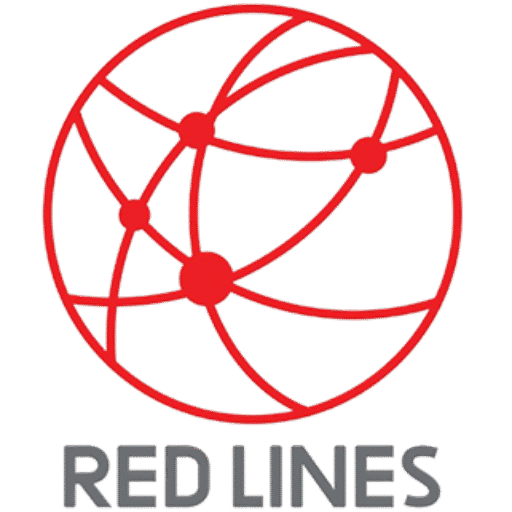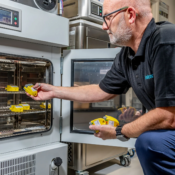In today’s fast-paced global economy, supply chains are no longer just about moving goods from point A to point B. They are about efficiency, reliability, and above all, control. In the Middle East, where extreme weather can pose serious risks to perishable products, pharmaceuticals, and sensitive goods, temperature mapping study has become a game-changer. By turning data into actionable insights, companies can ensure their logistics and delivery fleets operate at peak efficiency.
At Redlines (www.Redlines.sa), we specialize in temperature mapping studies across Saudi Arabia — including Jeddah, Dammam, and Riyadh — helping businesses safeguard their supply chains with precision.
Why Temperature Mapping Study Matters in the Middle East
The Middle East, and particularly Saudi Arabia, faces some of the world’s toughest climatic challenges. High daytime heat, fluctuating night temperatures, and regional humidity can make transportation of sensitive goods highly risky. For industries like pharmaceuticals, food, and medical equipment, even a small deviation in temperature can result in spoilage, regulatory non-compliance, or financial loss.
This is where a temperature mapping study comes in. By analyzing how temperature fluctuates inside storage facilities, warehouses, or delivery fleets, businesses can identify weak points and implement targeted solutions. Instead of relying on guesswork, logistics teams can act based on real data.

From Data to Action: Optimizing Supply Chains
Conducting a temperature mapping study is the first step, but the true value comes from what businesses do with the findings. At Redlines, we help companies move from raw data to clear actions that improve supply chain efficiency.
- Fleet Management: Delivery trucks in Riyadh or Dammam often face extreme sunlight. A temperature mapping study reveals how quickly cargo space heats up and where cooling systems may fail. With this data, companies can adjust fleet routes, cooling settings, or vehicle design to maintain safe conditions.
- Warehouse Storage: In Jeddah, where humidity adds another layer of complexity, temperature mapping studies highlight hot and cold spots in warehouses. Businesses can then redesign shelving layouts, install additional cooling units, or adjust airflow for consistent conditions.
- Real-Time Monitoring: Supply chains thrive on speed. By combining temperature mapping with IoT monitoring, companies can make proactive decisions. For example, if a refrigerated truck in Riyadh shows early signs of temperature fluctuation, a backup fleet can be dispatched immediately.
Benefits for Saudi Businesses
The results of a well-executed temperature mapping study go beyond compliance. They bring measurable improvements to supply chain performance:
- Reduced Losses – Lower risk of product spoilage, especially in pharmaceuticals and food industries.
- Regulatory Compliance – Meeting strict local and international standards for product storage and transport.
- Cost Efficiency – Optimizing cooling systems reduces unnecessary energy expenses.
- Customer Trust – Reliable delivery of safe, high-quality products strengthens brand reputation.
At Redlines, we have seen firsthand how businesses in Saudi Arabia transform their operations by acting on temperature mapping data. From Riyadh’s pharmaceutical distributors to Dammam’s food supply networks, the impact is clear: smarter supply chains mean stronger businesses.
Building the Future of Smart Supply Chains
The vision for Saudi Arabia’s logistics sector is ambitious, with the Kingdom positioning itself as a global supply chain hub under Vision 2030. Achieving this requires adopting technologies and practices that ensure resilience. Temperature mapping studies are at the heart of this transformation, offering actionable insights that drive smarter fleet management, optimized delivery schedules, and safer product handling.
At Redlines, our mission is to empower businesses across Jeddah, Dammam, and Riyadh with tailored temperature mapping solutions. By translating complex data into practical steps, we help companies build supply chains that are not only efficient but also future-ready.
Conclusion
Supply chains in Saudi Arabia face unique challenges, but they also hold immense opportunities. By embracing temperature mapping studies, businesses can bridge the gap between data and action — turning potential risks into competitive advantages.
Whether you are managing a delivery fleet in Riyadh, running a warehouse in Jeddah, or overseeing a supply chain network in Dammam, Redlines is your trusted partner in building smarter, more resilient operations.
Visit us at www.Redlines.sa to learn how our temperature mapping study services can shape your supply chain success in the Middle East.













